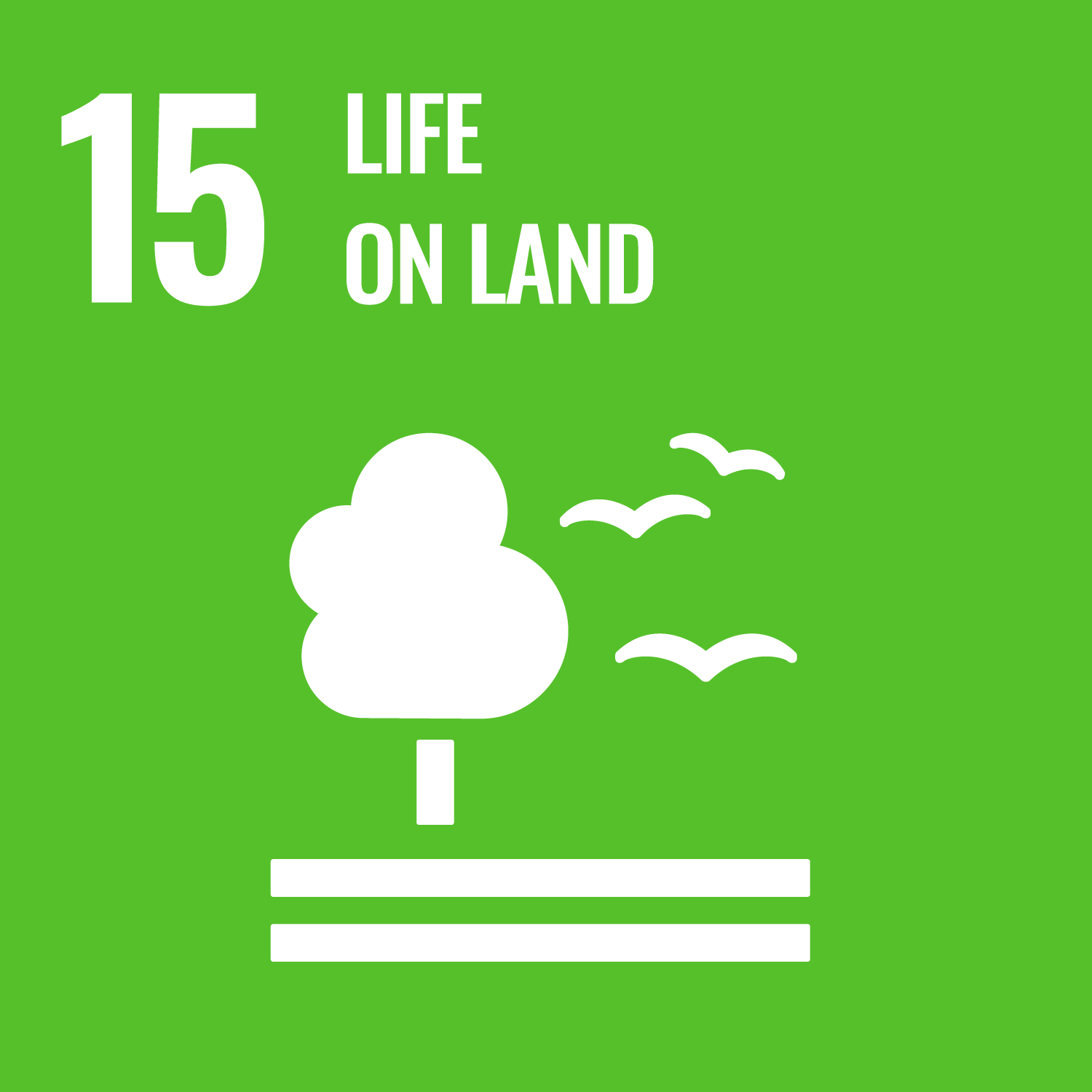Logan, T.W. orcid.org/0000-0001-6640-1489, Ward, A.I. orcid.org/0000-0002-3305-3323 and Hopkins, C.R. (2025) Stakeholder solutions to human-wildlife conflicts: Co-created adaptive impact management for wild red deer, Cervus elaphus, in the English Lake District. Biological Conservation, 310. 111380. p. 111380. ISSN: 0006-3207
Abstract
Human-wildlife conflicts are often symptomatic of underlying human-human conflicts, characterised by opposing viewpoints, unclear or limited communication, and failure to compromise. Participatory approaches towards resolving human-wildlife conflict have previously demonstrated success in creating effective wildlife management plans. In the UK, the red deer (Cervus elaphus) is a charismatic native species, yet it is capable of negatively impacting landscape conservation efforts, farming and forestry, and environmental restoration targets. Here, we employed a facilitated workshop, as the decision-making end point to a modified Delphi process, to foster communication between key interested parties in the Lake District National Park, UK, aiming to produce an adaptive impact management framework for red deer. Crucially, consensus was achieved for a vision of adaptive landscape management, objectives for the landscape, monitoring actions, and methods of deer population control, and the resulting framework will underpin management policy for this interest group. During this study facilitated consensus-building among interested parties was critical for the co-creation of policy and plans in order to progress towards the resolution of a long-standing conflict with red deer. It stands as an example for interest group engagement with a view to mitigate a human-wildlife conflict in a multi-user landscape.
Metadata
| Item Type: | Article |
|---|---|
| Authors/Creators: |
|
| Copyright, Publisher and Additional Information: | © 2025 The Authors. This is an open access article under the terms of the Creative Commons Attribution License (CC-BY 4.0), which permits unrestricted use, distribution and reproduction in any medium, provided the original work is properly cited. |
| Keywords: | Human-wildlife conflict; Cervus elaphus; Delphi; Participatory workshop; Stakeholders; Adaptive impact management |
| Dates: |
|
| Institution: | The University of Leeds |
| Academic Units: | The University of Leeds > Faculty of Biological Sciences (Leeds) > School of Biology (Leeds) |
| Depositing User: | Symplectic Publications |
| Date Deposited: | 15 Aug 2025 11:12 |
| Last Modified: | 15 Aug 2025 11:12 |
| Status: | Published |
| Publisher: | Elsevier |
| Identification Number: | 10.1016/j.biocon.2025.111380 |
| Sustainable Development Goals: | |
| Open Archives Initiative ID (OAI ID): | oai:eprints.whiterose.ac.uk:230372 |


 CORE (COnnecting REpositories)
CORE (COnnecting REpositories) CORE (COnnecting REpositories)
CORE (COnnecting REpositories)